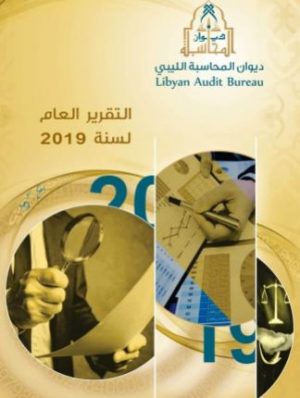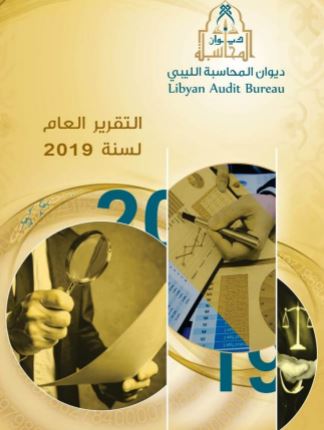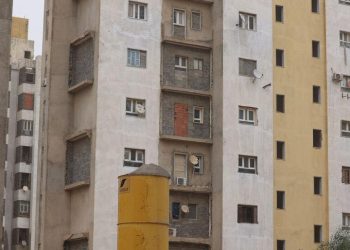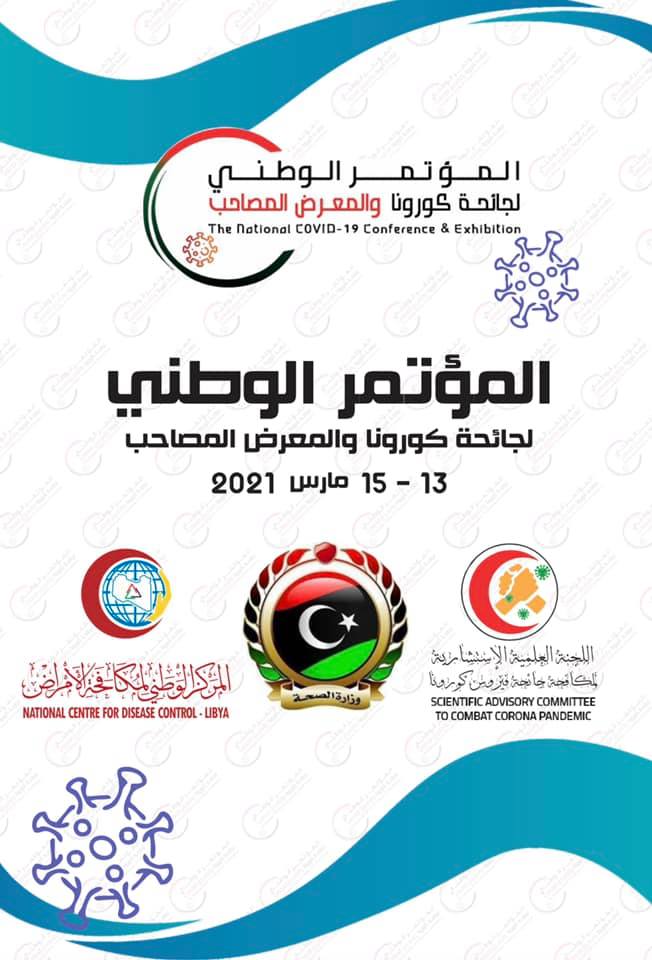By Sami Zaptia.

London, 12 March 2021:
Libya’s Tripoli based Audit Bureau yesterday published its annual report for 2019 – two years late.
Justifying its late publication, it said that the Libyan state is undergoing exceptional and complex conditions due to the continuing state of instability and the expansion of the cycle of wars, conflicts and international interventions that have increased the intensity of fighting and division and caused state legislative, executive and financial authority division, which has undermined democracy and accountability.
Critics noted that the Audit Bureau waited until the Faiez Serraj government was out of office before publishing the ”repressed” report. The lengthy report, which runs into the hundreds of pages, reveals many spending transgressions by the Serraj cabinet and his Interior Ministry .
The Audit Bureau said it prepares its reports in accordance with the law and supervisory standards with the aim of enhancing transparency and accountability, good management of public funds, evaluation of state institutions and reform of their financial and administrative systems.
The Tripoli Audit Bureau pointed out that its 2019 annual report does not include the expenditures and actions of the eastern Interim Libyan government headed by Abdulla Al-Thinni.
It demanded that the Audit Bureau should not be used in the political struggle.
Regarding the Bureau’s report for the year 2020, it said that it is expected to be issued in May at the latest, saying that the 2019 report is an important achievement represented in adopting the system of controls, and relying on the outputs of the 2019 report and other upcoming reports that will be more reliable and accurate.
- The State Audit Bureau said that the state’s 2019 budget achieved an actual surplus of revenues by 28% compared to the estimated revenues.
- The 2019 annual report stated that the level of oil revenue collection during the period increased by 19% with a decline in the collection rates of the rest of the other sovereign revenues, especially customs, which did not exceed 63 percent, communications, did not exceed 69 percent, and domestic oil sales which did not exceed 59 percent.
- The report revealed a deficit in non-oil revenues of more than 2.2 billion dinars, which was compensated for by surplus oil revenues and the remainder of the 2018 revenues carried over from oil revenues for the previous year.










